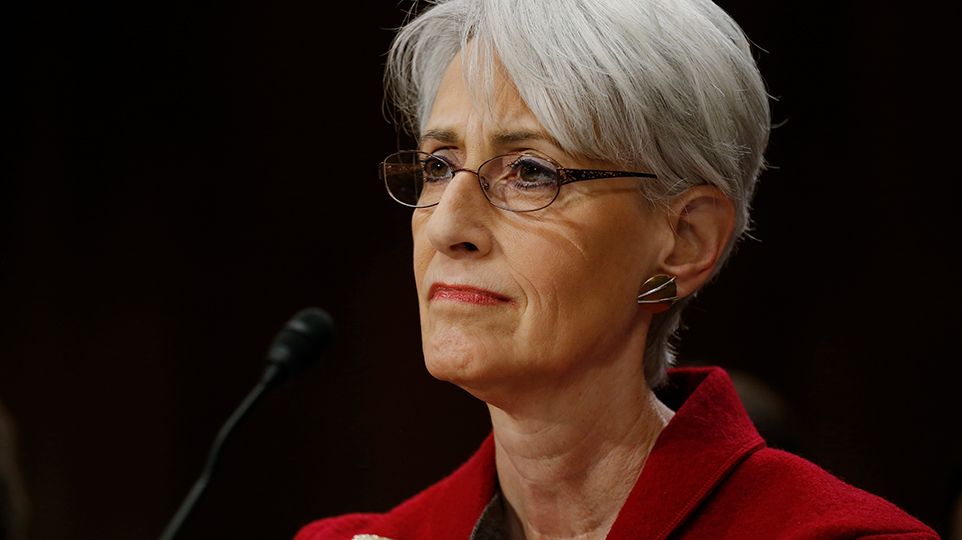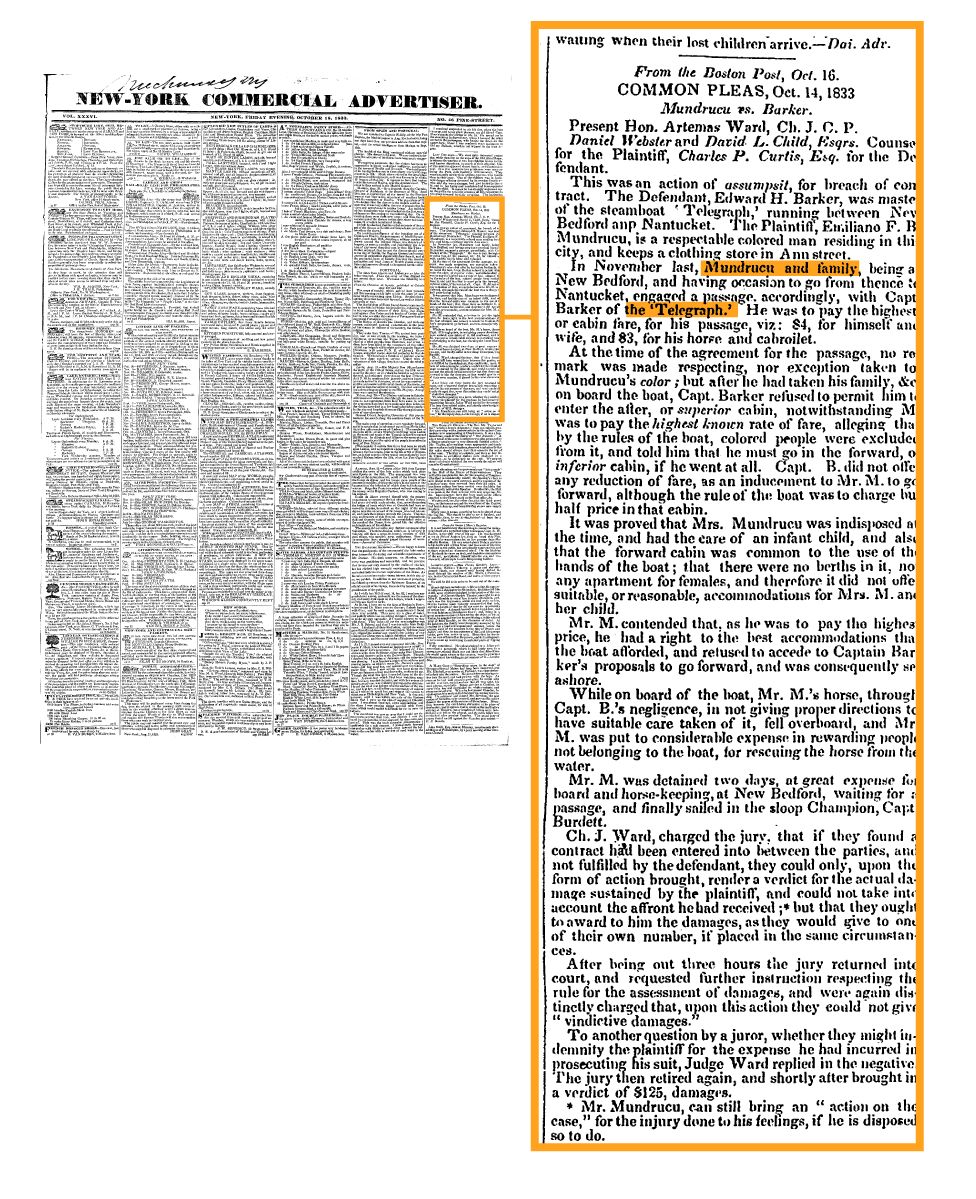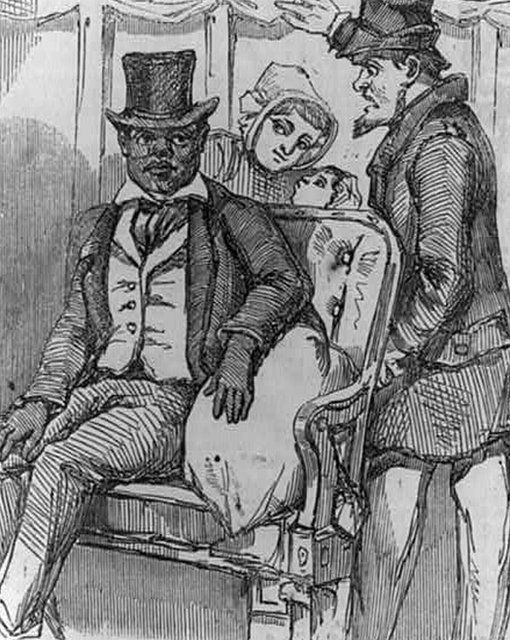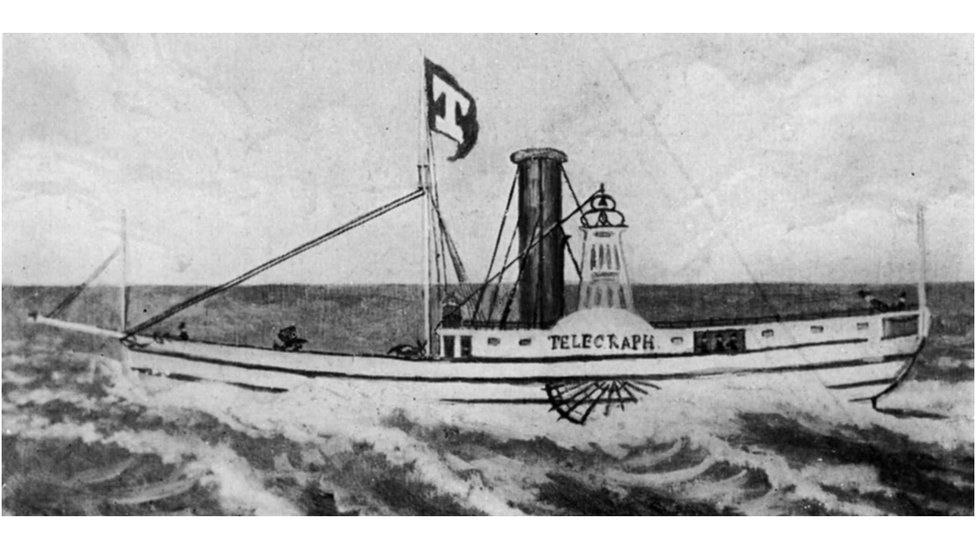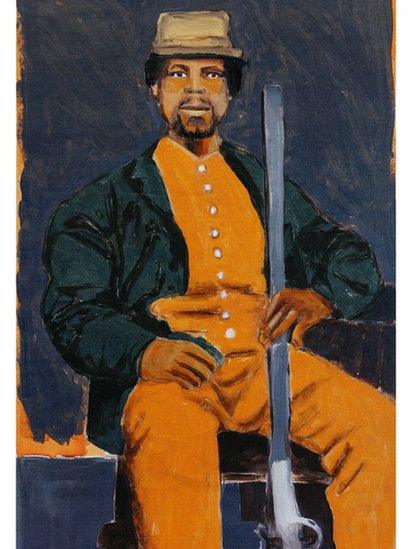Jair Bolsonaro já sofreu impeachment mental
https://www.oantagonista.com/opiniao/jair-bolsonaro-ja-sofreu-impeachment-mental/
No sábado, como publicamos, o virologista Jair Bolsonaro disse a seguinte gema: “Se eu estivesse coordenando a pandemia não teria morrido tanta gente. Você fala de tratamento inicial. A obrigação do médico, em algo que ele desconhece, é buscar amenizar o sofrimento da pessoa e o tratamento off label”. Ele também afirmou sobre as vacinas contra a Covid: “Agora, qual país do mundo faz acompanhamento de quem tomou vacina? Tem gente que está sofrendo efeito colateral, o que está acontecendo? A Coronavac ainda é experimental e tem gente que quer tornar obrigatória”.
As declarações do virologista Jair Bolsonaro foram feitas no mesmo dia em que a Crusoé publicou os vídeos das reuniões interministeriais do ano passado nas quais o Itamaraty alerta integrantes do governo sobre como seria desastroso para o Brasil não entrar no consórcio organizado pela Organização Mundial da Sáude para a aquisição de imunizantes. Os vídeos mostram que o general Eduardo Pazuello mentiu à CPI da Covid quando disse que as negociações com o consórcio eram “nebulosas” e que o preço inicial era de 40 dólares por dose. O único aspecto “nebuloso” era a falta de conhecimento de inglês dos advogados da União — foi preciso traduzir a minuta do contrato para eles — e o preço inicial era de 20 dólares, logo reduzido para pouco mais de 10 dólares. Mesmo assim, o governo brasileiro demorou a assinar e, quando o fez, comprou uma quantidade relativamente pequena de doses — ou seja, milhares de mortes teriam sido evitadas se o país tivesse adquirido o máximo de imunizantes que o consórcio oferecia.
Com exceção da Folha de S. Paulo, os jornais preferiram ignorar os vídeos. Mas os senadores da CPI da Covid, felizmente, não. Simone Tebet enxergou logo o crime de responsabilidade efetivamente cometido por Jair Bolsonaro. Numa das reuniões, a subchefe adjunta de política econômica da Casa Civil, Talita Saito, afirmou: “Eu bato sempre nessa tecla porque é importante deixar muito claro que essa decisão (a assinatura do contrato com o consórcio) ainda não foi tomada. O presidente da República ainda não se posicionou sobre a entrada do Brasil no instrumento”. Ou seja, Jair Bolsonaro era quem comandava diretamente o Ministério da Saúde e tomava as decisões que deveriam caber ao titular da pasta. Decisões que implicaram o sacrifício de vidas de cidadãos brasileiros.
O que Jair Bolsonaro coordenou, portanto, foi a morte premeditada de vítimas da Covid, não só deixando de comprar imunizantes (enquanto o Ministério da Saúde entabulava negociações sobre vacinas com gente suspeitíssima), como sabotando as medidas restritivas necessárias para impedir a propagação desenfreada do vírus. O que ele premeditava era que o Brasil alcançasse a imunidade de rebanho natural, ao custo de, quem sabe, um milhão de vidas. Que o presidente da República continue a sabotar o combate à pandemia depois de 550 mil mortes diz muito sobre a incapacidade institucional do parlamento de dar um basta a essa situação na qual a perversidade se traduz em tragédia. Ainda ocorre uma média de mil óbitos de doentes de Covid por dia no país, o que só não causa espanto numa sociedade que desvaloriza a vida.
Sociopatas são capazes de se conter quando a sociopatia se volta contra eles próprios. Mas Jair Bolsonaro não tem esse discernimento, como prova mais uma fez a fala de sábado, na qual tentou novamente enganar o distinto público com a lorota de que o STF o impediu de coordenar os esforços contra a Covid. Na verdade, os ministros do Supremo reconheceram que governadores e prefeitos tinham autonomia para adotar as medidas que consideravam adequadas para impedir a disseminação da doença nos seus estados e municípios, respectivamente, o que jamais significou tirar a responsabilidade da União. Não contente com a lorota, ele voltou a atacar a Coronavac, comprada pelo seu inimigo João Doria, como se a vacina da AstraZeneca, adquirida pelo governo federal, não tivesse efeito colateral.
Parece estranho que o presidente da República ainda ache ser possível continuar a ludibriar tanta gente ao mesmo tempo. A maioria dos brasileiros, contudo, já está convicta de que Jair Bolsonaro não tem capacidade intelectual compatível com as necessidades exigidas para o cargo que ocupa — e talvez nem mesmo para gerir a sua própria imagem. De acordo com a pesquisa Datafolha divulgada no início do mês, 57% dos cidadãos consideram o presidente da República “pouco inteligente” e 62% o veem como “despreparado”.
Ser “pouco inteligente” significa ser burro. O presidente da Câmara pode engavetar os pedidos de abertura de processo de impeachment contra Jair Bolsonaro, mas os eleitores já votaram pelo seu impeachment mental.

